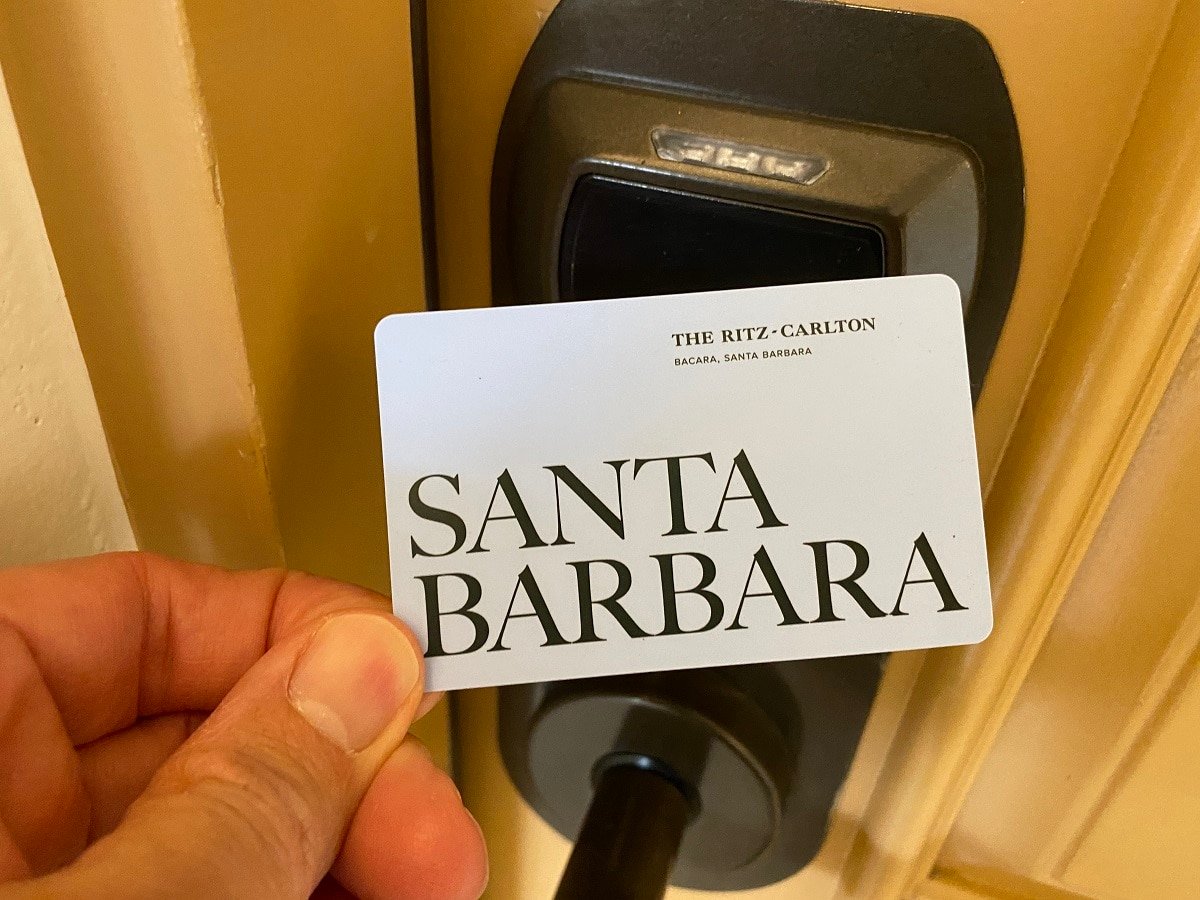This post contains references to products from one or more of our advertisers. We may receive compensation when you click on links to those products. For an explanation of our Advertising Disclosure, visit this page.
If you have a small business, you could probably benefit from applying for a business credit card, especially one that earns rewards. Applying for a business credit card can be intimidating, though, and maybe even a little confusing. Here’s how to apply and qualify for a small business credit card.

How To Apply (And Qualify For) A Small Business Credit Card
To help clear the air, here’s what you need to know about getting your business’s first credit card. That way, you’ll be able to make an informed decision and choose the best business credit product for your needs.
You Don’t Need an EIN to Apply for a Business Credit Card
Many small business owners and sole proprietors hold off on acquiring a business credit product because they don’t believe that they are “big enough” to qualify. What they don’t know is that there aren’t any regulations for defining a “business” for credit card purposes. In fact, you don’t even need to have an EIN (employer identification number) in order to apply.
If you are a sole proprietor, you can use your SSN to apply for your new credit card. In fact, approval for an account will be based on your personal creditworthiness and income anyway.
So, don’t hold off on applying for that business-branded credit card just because you’re not yet the successful business that you aspire to be. Credit card companies not only want to see you grow – they want to grow with you!
Your Business Doesn’t Need to Make a Lot of Money
As mentioned above, your business doesn’t need to make a lot of money before you’re eligible for a new business credit card. In fact, there is no minimum financial threshold for your small business in order to qualify for an account.
Of course, there are still requirements in order to be approved. These approval requirements are actually based on your personal income and credit history. Keep this in mind, though: if you wouldn’t qualify for a new personal card, you probably aren’t going to qualify for that new business card either.
When filling out your first business credit card application, you’ll want to include your total income. That means both personal and from your business. If your business made $2,500 this year and you made $61,000 from your day job, you’ll want to answer $63,500 for the income portion of the application.
You Can Earn Business Rewards
The best part about spending on credit cards is the ability to earn cash back or rewards for what you buy anyway. Luckily, this feature isn’t just limited to personal credit card products! For example, the Ink Business Preferred® Credit Card earns 3x points per $1 on select business categories.
By getting a rewards-based small business credit card, you’ll start earning cash back or miles for the things that your small biz needs to function and grow. Plus, business rewards are typically directed to the most common company expenses: travel, office supplies, postage, and even cell phone charges.
Often, you’ll earn cash back for these categories at a higher rate than you would on a personal rewards credit card.
Before deciding which business credit card is best for you, take the time to compare. Calculate what your business is actually spending and in which categories. Look at your projected plans for the next couple of years and how that growth may translate into spending. Then, pick a business credit card product that will result in the biggest cash back earned. You may even find one that will give you an initial sign-up bonus to boot.
Check out our review to get a better view of the best small business credit card perks.
You Won’t See It on Your Credit Report
Depending on your personal credit report goals, this may be an upside or a downside. Your personal income and credit history will be considered when you apply for that first business credit card. But, the card’s activity will more than likely not be reported on your monthly consumer credit history.
This means that if you are trying to build a positive credit history, your business credit card won’t really help much. However, if you plan to carry a balance on that card (perhaps you’ll use a 0% introductory offer to make a big business purchase or transfer a balance), that also won’t negatively impact your personal credit.
Responsible credit card management is always important. This means paying your bills in full, on time, and don’t open too many new accounts in a short period of time. And even though that shiny new business card might not be reporting your timely monthly payments to your personal credit history, it doesn’t mean you can be irresponsible with the account.
If you fail to pay on time or even neglect a balance altogether and trigger a charge-off, you can rest assured that it will show up on your personal credit since you’re responsible personally for any default.
So, the takeaway here is: you may not see the positive benefits of your business credit card’s wise account management, no matter how long you hold the card. However, if you fail to pay your balance as agreed, you can bet your bottom dollar that your personal credit will pay the price.
Reconciling Accounts Will Be Easier
One of the great benefits of having a separate business credit card – versus using your personal card for business-related purchases – is that it makes managing expenses easier.
For example, you won’t have to sift through personal purchases in order to reconcile your business expenses. You can simply pull your business statement and compare it against invoices and receipts. This will save you a lot of time throughout the year and make your bookkeeping a much simpler task.
A dedicated business credit card will also help avoid trouble in the case of an IRS audit. You won’t have to answer for questionable purchase overlaps, whether the company was reimbursed for personal expenses, and whether your personal purchases were included in your deducted expenses come tax time. Mitigating this risk might be the most motivating factor for you when debating whether or not to finally apply for that business account.
Before You Apply for a Small Business Credit Card
Considering your first business credit card? There are a few things you can do beforehand to make the application process easier.
1. Look At Your Personal Credit
First, take a look at your personal credit, just as you would if you were considering a new personal credit card account. Do you have outstanding debts that could be paid down? If so, you might want to take some time to aggressively clear out the balances. Then, you can apply for new credit products.
Are there negative references that are close to falling off of your report? If so, it might be worth waiting a few weeks, or even months, for those to disappear. That way, you’ll improve your chances of approval.
2. Calculate
Second, you’ll want to spend some time calculating what you make. Since your first business credit card will be based on your total income — personal and business – you’ll need to have a good idea of both before filling out the application. If your business is just starting out and you don’t have much in the way of revenue (or any!), it might be tempting to fudge the numbers a bit.
However, avoid the temptation. You don’t want to start off on the wrong foot and earn yourself a financial review with the bank. Yes, your initial credit limit might be lower if your income is also low. However, this has the potential to grow over time.
Also, you will need to be able to forecast expenses, if any. Basically, give the banks a reason for why you’re applying for a business credit card. It does help if you apply for a business credit card through a bank you already have a relationship with too.
Related: The Best Checking Account Bonuses for 2023
3. Research Your Options
Lastly, take some time to look at the various credit card products out there. We mentioned a few above. They’re a great place to start. Compare rewards and calculate how much you’re likely to earn each year. Will your earnings warrant an annual fee? Think about bonuses and card benefits. Are the ones being offered in line with what you actually need (and will use)?
Getting your first business credit card can be intimidating. However, the process is easier and less painful than you might think. With a little bit of research, you’ll be well on your way to acquiring your small business’s very first credit product. Congratulations!








Is it allowable to apply for a business credit card when you actually don’t own a business at all? And if you don’t own a business, can you just make up a business name and say you don’t have any revenue yet? In other words, are you committing credit card fraud by applying for a business credit card when you actually don’t own a business of your own, and are you breaking any U.S. laws in the process?